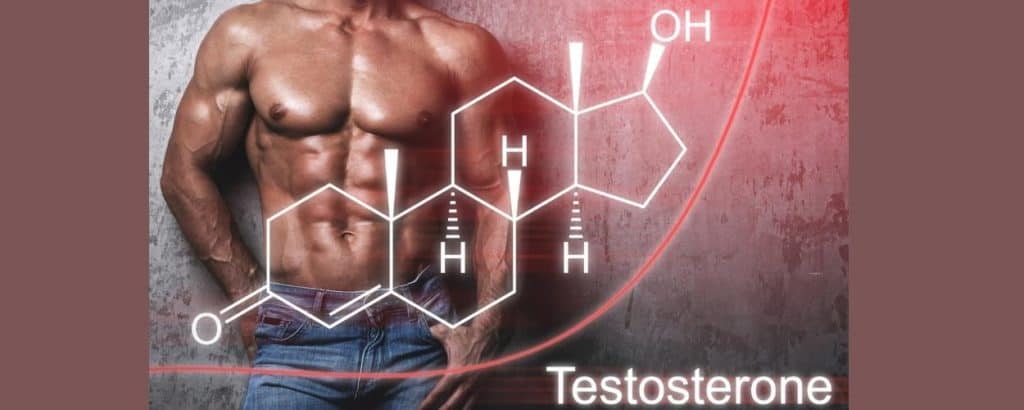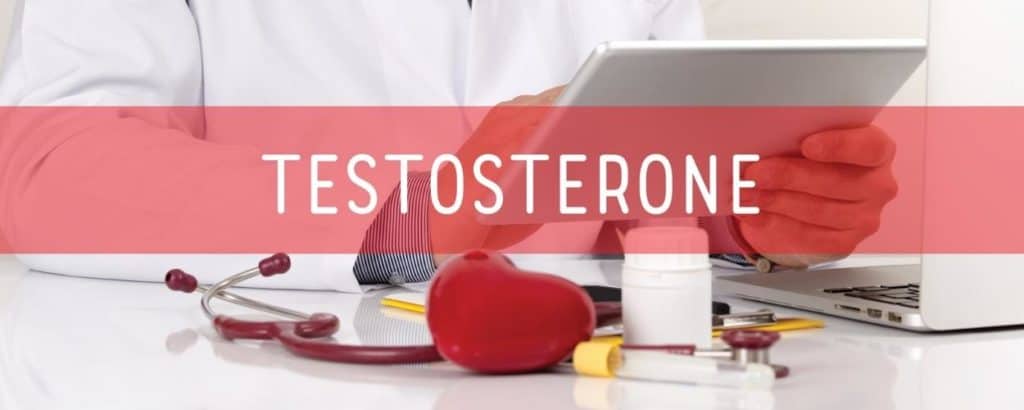
does medicaid cover testosterone replacement therapy
pros and cons of testosterone replacement therapy
Long-term research into testosterone replacement therapy's potential effects on the body is ongoing. Experts are studying the implications of prolonged hormone therapy. This therapy can have both long-term and short-term positive and negative effects on the body. A few studies suggest that testosterone replacement therapy may increase bone density, muscle strength, and sexual desire. Other studies suggest that testosterone replacement therapy could increase the risk of prostate cancer and cardiovascular disease. While testosterone replacement therapy has been around for many decades, its long-term effects remain largely unknown. To make informed healthcare decisions, further research is needed to fully understand the potential risks and benefits of this therapy.
Testosterone replacement therapy's efficacy has been tested in a variety of age groups including men in their twenties and thirties, forties, forties, fifties and beyond. This treatment is beneficial for men of all ages, according to studies. The effects of testosterone replacement therapy can vary depending on age. Younger men might experience greater results than older men, because the body naturally produces less testosterone in their late thirties. Also, testosterone replacement therapy may be more effective for younger men than it is for older men. To maximize the effectiveness of testosterone replacement therapy, your doctor should adapt the dosage to each individual's age.
Side effects can occur with hormone replacement therapy. Your provider can help you avoid side effects by monitoring your response and symptoms.



